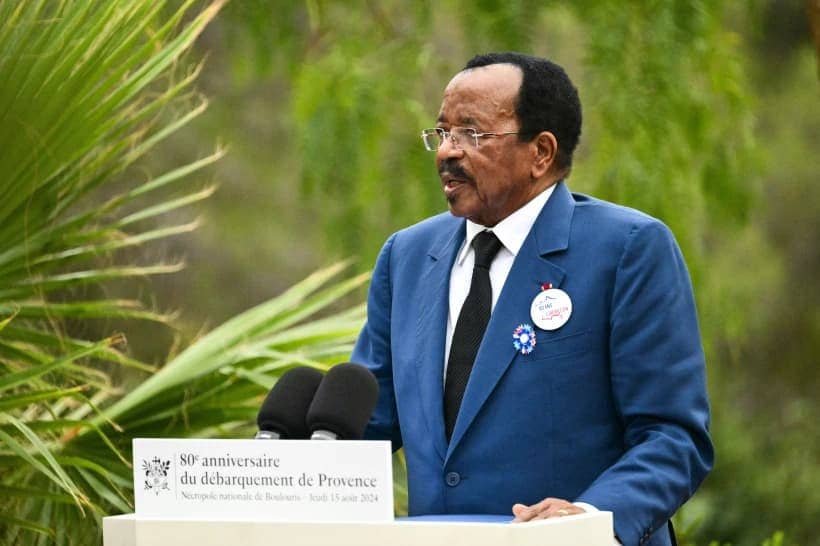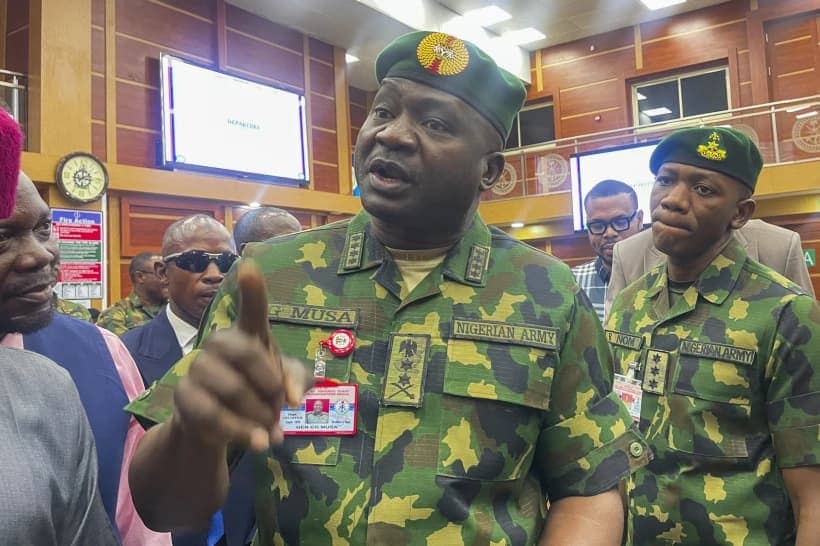YAOUNDÉ, Cameroon – Catholic bishops in the Ivory Coast have apologized after a candidate used churches for electioneering ahead of Oct. 13 polls.
Hamed Bakayoko, a candidate for the Abobo council, visited Catholic parishes in the Abidjan suburb as part of his campaign.
On Sunday Sep. 30, he attended Mass at the Saint Marc d’Abobo Akéikoi parish where he spent about 15 minutes talking about his political priorities.
A video of his talk was placed on YouTube, causing controversy in the country’s Catholic community.
“Bishops are not supposed to allow such things to happen,” said Carole Djakobie in a YouTube video.
“It’s not normal that people campaign in our churches…it’s sad. I can’t even find words to describe what I’m feeling…it’s a shame.”
The archbishop of Abidjan, Cardinal Jean Pierre Kutwa, asked for forgiveness during a Mass at his Cathedral on Oct. 6, saying it was wrong for politicians to use the church as platforms for political campaigning.
“Many among you were shaken by what happened at the Saint Marc d’Abobo Akéikoi Parish,” Kutwa said.
“We apologize to you,” he said, adding that the young priest who allowed the politician to campaign in church had paid an “honorable fine” and asked the Christians to forgive him.
RELATED: Ivory Coast bishops praise president for releasing 800 political leaders
“The priest was surprised because he is new. It will never ever happen again in our church. I have warned my young colleague against allowing authorities to speak during Mass, especially in sensitive periods like electoral campaigns.”
The cardinal, however, indicated that the politician had asked only for a minute to thank the priest for welcoming him to the church, but that minute “transformed into a tribune for electoral campaigning.”
The Ivory Coast is a religiously diverse country: Around 40 percent are Muslim, 35 percent Christian, and the rest a mixture of indigenous faiths and smaller religious groups. The majority of Christians are Catholic.
The country’s 2002-2007 civil war was contested between the mostly-Muslim north and the mostly-Christian south.
Another civil conflict, in 2011, also risked taking on a religious hue. The nation’s religious leaders have often tried to keep religion out of politics.
A call for peaceful elections
Father Michel Savadogo, a priest of the Society for African Missions, serves as the Executive Director of the Shalom Network for the Transformation of Conflict and Reconciliation, or REST-COR.
The priest said that “after the October 13, 2018 elections, the Ivory Coast will need all its sons and daughters to advance towards social and human development.”
“We must engage in an electoral process that consolidates peace and social cohesion in justice through concrete, individual and collective actions. In order for the universal right to peace to prevail, we invite every actor to fully assume his responsibilities with humanity,” he said, according to the Fides news agency.
RELATED: Ivory Coast bishops link flood damage with corruption, underdevelopment
He called on the candidates to adopt behavior that prevents possible conflict, and to respect the ethnic and religious diversity in the country.
Such a feat, notes Savadogo, is only possible if voters “fulfill their duty as citizens respecting people, opinions and structures.”
The Oct. 13 elections are for local offices – the next national poll is in 2020 – and candidates from the 88 regions and 684 municipal lists have been seeking to convince the nearly 6.8 million registered voters of regional and political opinions of each other.
The country’s authorities have announced the deployment of 30,000 members of security forces – including soldiers, policemen, and members of the gendarmerie – ahead of the municipal and regional elections.
Savadogo called on security officials to privilege peace over violence, and on journalists to “commit themselves in strict observance of professional ethics, to carry out journalism of peace and nonviolence.”














